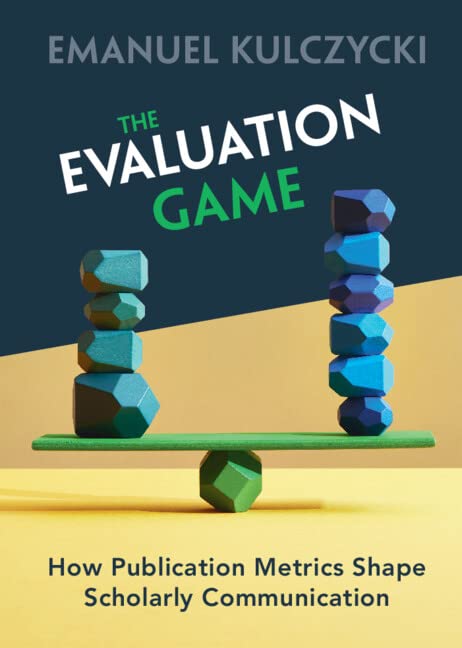Description of the project
New models of the research and science management focus on the accountability of the research results. All scientists should not only to investigate and describe the world and society but they should also publish their results in the most recognized top-tier channels of scholarly communication. In this way, science in XXI-century has become the “Speed Academia” where the main rule is “Publish or Perish”. The measurement of the scientist productivity has created the research evaluation systems both on the national and the local levels. In several Europeans countries (e.g., Denmark, Norway, United Kingdom, Poland), such national systems have been implemented.
The main goal of this project is to investigate how copying the regulations of the national research evaluation system in Poland into the local regulations of universities and faculties has produced the parametric game (‘punktoza’ in Polish) and transformed the publication patterns of scholars in the field of social sciences and humanities.

Parametric game is a strategy of academic work which has become wide-spread in Poland, due to the introduction of particular policy of rewards. In this strategy, the most ‘profitable’ choice is to publish several articles in journals without any Impact Factor rather than one paper in a top-tier journal.
This project will allow us to analyze the parametric game in the social sciences and humanities in Poland. Moreover, the project results will contribute to our knowledge about the consequences of science policy on the publication and scientific practices of Polish Scholars.
We will characterize the publication patterns of the Polish scholars in the social sciences of humanities. We will show what types of publications they prefer (articles, books, edited volumes), how they decide about the language of their publications, and when they write co-authored papers. In addition, we will reconstruct a historical context of the implementation of national research evaluation system in Poland. Moreover, we will investigate how the “Publish or Perish” has pushed the scholars to the channels of the Fake Academia (predatory journals and conferences).
In the project, we will conduct over 160 semi-structured interviews with the personnel of the high-level management and scholars from Polish universities and institutes of the Polish Academy of Sciences. In parallel, we will build the complex corpus of the official regulations and publication on the research evaluation in Poland from the 1918–2017 period. This dataset will allow us to reconstruct the past and ongoing discourses on the research evaluation. Moreover, we will build the dataset of the Fake Academia (bibliometric data on predatory journals and conferences) what will allow us to add new interpretational dimension to the analysis of the context of research evaluation system implementation.
Research team
This project will start in September 2018 and will be conducted by a team constituted by: PI, post-doc, two PhD students, two MA students, and a Senior Technician.
We are hiring
- Senior technician (deadline for applications: 6th of June 2021) [in Polish]
- Postdoc (deadline for applications: 30th of October 2020) [in Polish]
- MA student scholarship (deadline for applications: 30th of October 2020) [in Polish]
- MA student scholarship (deadline for applications: 16th of July 2020) [in Polish]
- PhD student scholarship (deadline for applications: 10th of July 2020) [in Polish]
- Postdoc (deadline for applications: 30th of December 2018) [in Polish]
- MA student scholarship (deadline for applications: 22nd of August 2018) [in Polish]
- PhD student scholarship (deadline for applications: 24th of June 2018) [in Polish]
- PhD student scholarship (deadline for applications: 17th of January 2020) [in Polish]
The book is available now
Cambridge University Press (April 2023). See on the publisher website.
The Evaluation Game. How Publication Metrics Shape Scholarly Communication.
- Provides a comprehensive account of the transformations in scholarly communication generated by research evaluation systems, and proposes a fundamental rethinking of the values that drive academia.
- Presents the first historical account of research evaluation systems in the East, tracing them back to their roots in the modernization of Russia.
- Discusses the two distinct trajectories of modernisation and metricization in academia, the socialist and capitalist, allowing readers to understand why researchers in different regions react differently to research evaluation.

The project is financed by the National Science Centre in Poland (decision number UMO-2017/26/E/HS2/00019). Emanuel Kulczycki is the Principal Investigator.
![]()
Photo by Glen Noble on Unsplash
